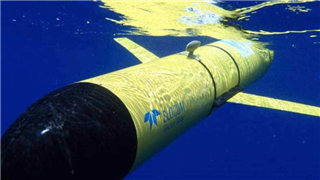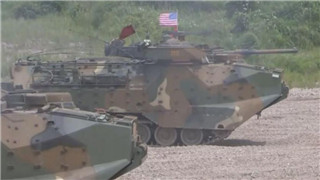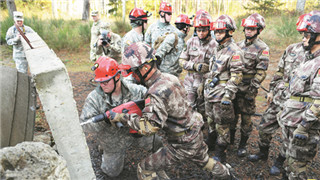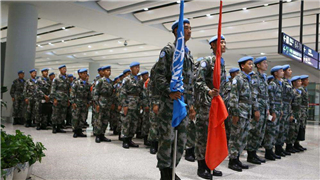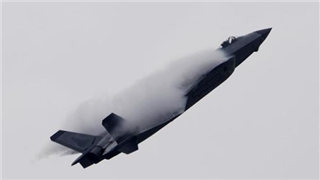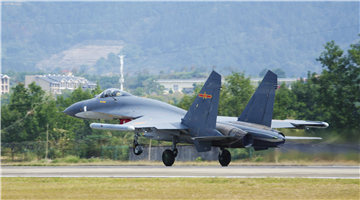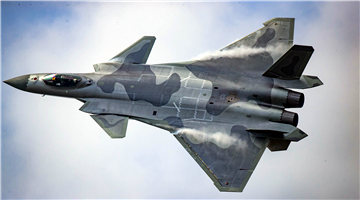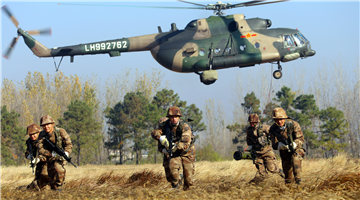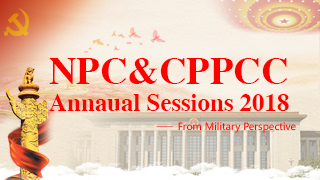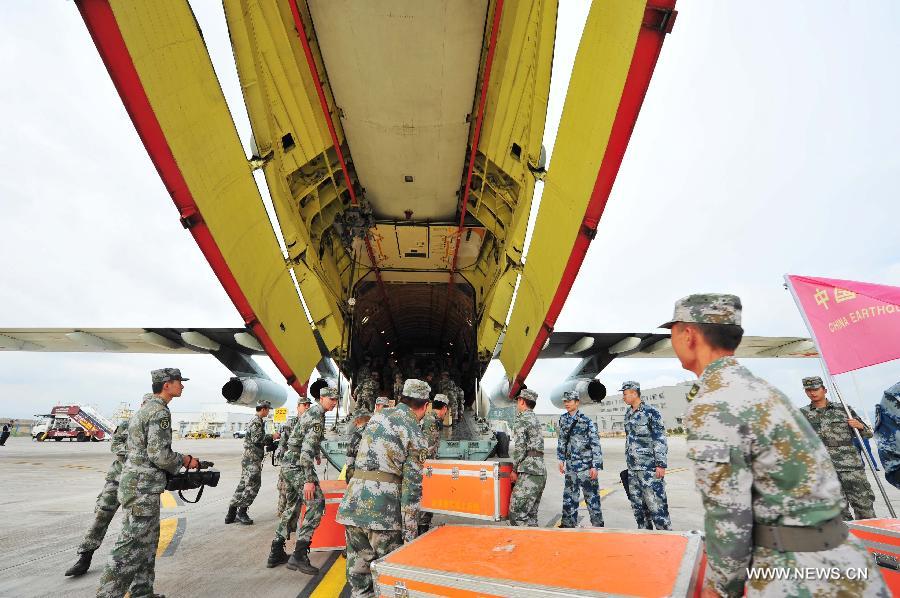
Nepal and China have witnessed growing defense cooperation, with the latter increasing financial support to enhance the professionalism and capacity of Nepali soldiers. The two nations have completed two military drills as part of the broader Nepal-China relationship which is moving from strength to strength particularly after the nations inked the historic trade and transit treaty in 2016.
China's assistance to the Nepal Army (NA) is strategically significant for Nepal's strive to gain stability and prosperity following decades of political transition. Such cooperation boosts Nepal's confidence in reshaping its relations with its southern neighbor India as well as other friendly nations.
It is also instrumental in building political trust between the two nations as they work through implementing the major development projects under the Belt and Road Initiative (BRI).
Nepal and China have formally commenced military relations and cooperation since 1988 with frequent exchanges of visiting military personnel from both nations since then. The People's Liberation Army (PLA) soldiers and officers came to Nepal for jungle warfare mountain training while NA personnel visited China to enhance their skills and knowledge in the field.
The Chinese government has increased the amount of economic assistance to upgrade and make the NA self-reliant. During Nepal's Deputy Prime Minister and Defence Minister Ishwor Pokharel's visit to China last month, China announced humanitarian and disaster relief equipment worth NPR2.5 billion (RMB150 million) to Nepal.
In April last year, Nepal and China held their first-ever joint military exercise entitled "Sagarmatha Friendship-1" in Kathmandu. The 10-day military exercise consisted of counter-terrorism and disaster management. The second exercise with the same title was successfully conducted this September in Chengdu of Sichuan Province. These drills have helped the participating soldiers share their experiences and skills with each other.
However there have also been voices of concern. The Indian media have unnecessary hyped the Sino-Nepal military collaboration, projecting it as a threat to India. This is a zero-sum mentality that only hampers healthy relations among Nepal, India and China. In fact, Nepal has been involved in bilateral and multilateral military training with India, Pakistan, Bangladesh and the U.S., among others.
"Nepal as a sovereign and independent nation has increased military cooperation with many nations to their mutual benefit. We have extended a military bond to China accordingly as both nations are guided by Panchsheel (five principles of peaceful coexistence)," said DPM Pokharel.
The NA-PLA cooperation covers an array of areas, including military training, humanitarian aid, disaster management, medical equipment and peace keeping operations. China has responded positively to Nepal's request to open a Defense University in Nepal.
Meanwhile, Nepal had shared its experiences at the 8th Beijing Xiangshan Forum held in Beijing from October 24 to 26, 2018. Attended by defense ministers, military officers and experts from different nations and organizations, the Forum was themed "Building a New Type of Security Partnership of Equality, Mutual Trust and Win-Win Cooperation." The participants discussed the topics such as "New Ideas for and New Approaches to International Security Governance," "Terrorism Threats and Countermeasures," and "Challenges to and Cooperation of U.N. Peacekeeping."
Nepal highlighted its contributions, challenges and experiences of UN Peace Keeping Missions in different parts of the world at the international event. Pokharel said the Forum provided a good opportunity for Nepal to share views as well as learn from others. "In order to fight terrorism, nations should develop governance systems in a way that promotes peace, democracy and development."
Both Nepal and China have been regularly contributing to the UN Peace Keeping Mission to restore political and social order and boost reconstruction in conflict-torn nations.
As the fifth largest troop and police contributing country, Nepal has been sending peacekeepers to various war zones for the last 60 years. It is now involved in 11 out of 14 peacekeeping missions and three Special Political Missions.
